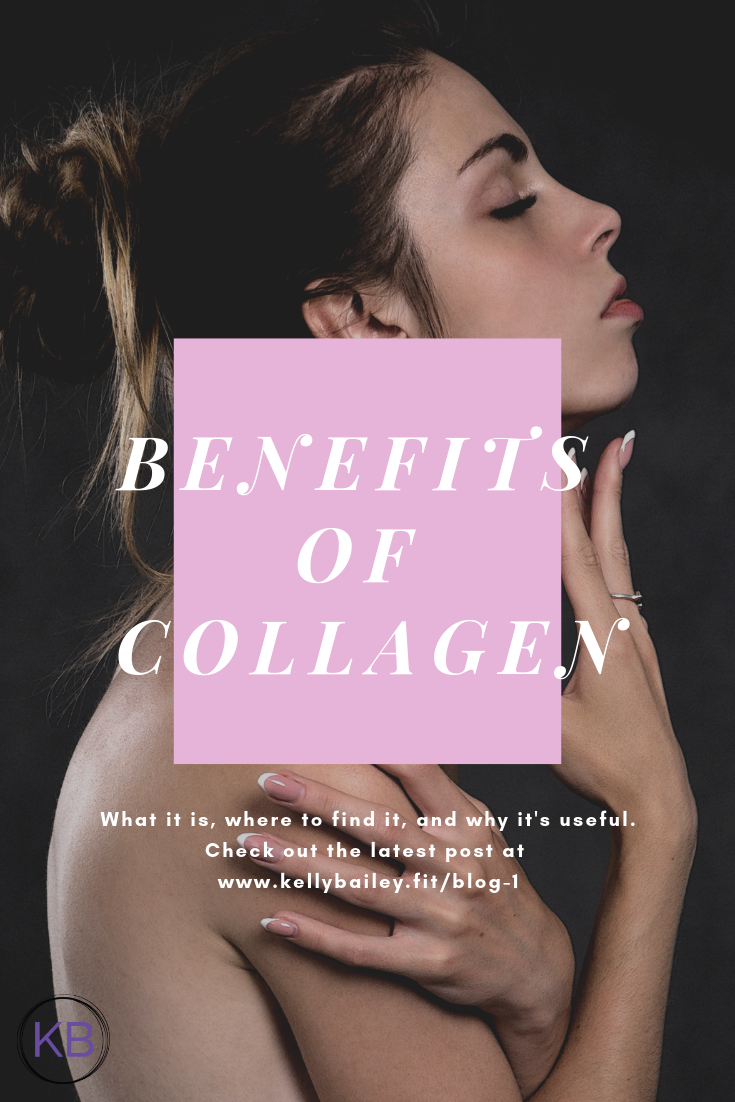Benefits of Collagen
Benefits of Collagen: what you need to know before you buy.
Unless you’ve been living under a rock you’ve probably heard of collagen and the many health benefits it supposedly has. But are the claims founded or just diet hype? This Q/A-style crash course in collagen will help you understand what collagen is, for whom it may be beneficial, and how to source a quality supplement.
What is collagen?
For starters, it’s the most abundant protein in the body. It’s a vital component and building block for connective tissues like tendons and cartilage, and is also important for healthy nails, hair, skin, bones, and gut function.
Our body actually makes its own collagen by synthesizing protein and nutrients like vitamin C that come from the food we eat. Synthesis of collagen in the body slows down as we age, which may play a role in the appearance of wrinkles, cellulite, and, more importantly, can lead to joint degradation, pain, and slower wound healing.
Where does supplemental collagen come from?
Collagen supplements are usually made from cow, pig, fish, or chicken tissues. Unless flavoring is added, the powder is odorless, colorless, and tasteless. It’s very easy to mix into smoothies, coffee, tea, soups, dressings, recipes, or simply mixed with water.
Your diet is also important for synthesis and absorption of collagen. In particular, vitamin C and iron are essential. Before you start supplementing with collagen, make sure your diet contains plenty of foods containing these nutrients. You can get vitamin C from broccoli, oranges, grapefruit, lemons, and leafy greens. Great sources of iron include lean beef, tofu, leafy greens, and cooking food in cast iron.
To get the benefits of collagen, it’s really important that your supplement comes from grass-fed or pasture-raised animals!
Do collagen supplements really work?
The research is promising! Collagen supplementation may be useful for people who experience joint pain or have arthritis. Studies have also shown that collagen can reduce the appearance of wrinkles and cellulite, and may help with appetite control.
Just keep in mind that the research is pretty limited right now, and the supplement industry is unregulated. If you choose to supplement with collagen, be sure to research brands and sources to make sure you are getting a high quality supplement…and don’t expect miracles.
Is collagen the miracle cure for ageing?
Absolutely not. Consistent supplementation with collagen can be helpful to minimize the appearance of wrinkles and cellulite. But it won’t work unless your other lifestyle habits are in order – you exercise regularly, drink plenty of water, don’t drink too much alcohol or caffeine, don’t smoke, refrain from eating too much sugar and processed foods, and do eat plenty of fruits and vegetables. Collagen supplements are promising for anti-ageing but I’m sorry to say that it’s not the fountain of youth.
How do I choose a supplement?
Collagen comes from animal tissue, so it goes without saying that the health of the animal affects the efficacy and safety of the product. To be sure you aren’t ingesting hormones, antibiotics, and other chemicals, try to choose a supplement from grass-fed or pasture-raised animals.
You may also want to consider buying a product that is hydrolyzed. Collagen is one of the few foods for which extra processing may yield a more beneficial product. For this reason I choose hydrolyzed collagen because it’s easier for the body to digest and assimilate. Additionally, it dissolves much more easily into hot or cold liquids, and won’t cause “gelling”.
How should I take collagen?
Supplementing with collagen isn’t like taking a vitamin or herb where you have to be careful about overdoses. Collagen is straight up protein. It’s food. The recommended “dose” is two servings per day (that’s a total of four tablespoons, 24 grams of protein), but you could probably take much more with no negative effects. Like all other proteins, however, you need not overdo it! While the current RDI’s for protein are too low in my humble opinion, the average sedentary or moderately active person still needs no more than 100 grams per day. Most of us easily get that much from what we eat. Eating too much protein — from any source — can lead to kidney problems.
My experience with collagen
I’ve been supplementing with Great Lakes collagen for about six months — and, no, I’m not a rep, nor do I get paid by Great Lakes to push their product. I use it and recommend it because I genuinely like the product and I trust the brand. I chose Great Lakes collagen because it comes from grass fed cows and the only ingredient is collagen. I have personally found that supplementing with collagen has had the following benefits:
My skin is clearer, smoother, and seems to have a nice glow.
My nails are rock solid – though they’ve always been thick and hard.
When I mix collagen into yogurt or soup, it fills me up and keeps me full longer.
My joints are less achy and I recover from workouts faster.
Great Lakes collagen has no flavor and doesn’t change the texture of food making it a convenient way to boost protein in soups, yogurt, dressings, and dips.
Perhaps the benefits I’m experiencing are placebo effect in action…but placebo effect or not, I’ll take it! You can find Great Lakes Hydrolyzed Collagen Powder in health food stores and on Amazon!
Blog Author: Kelly Bailey, IIN certified holistic nutrition coach, and NPTI certified personal trainer
Learn more about the author here.
This post contains affiliate links. I earn a small commission if you purchase a product linked in this post. I thank you for supporting a small business!



